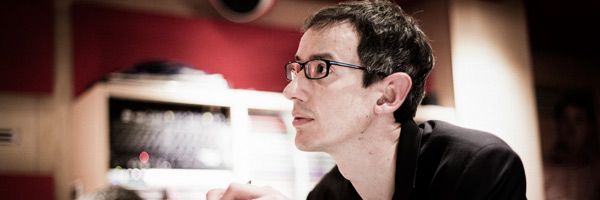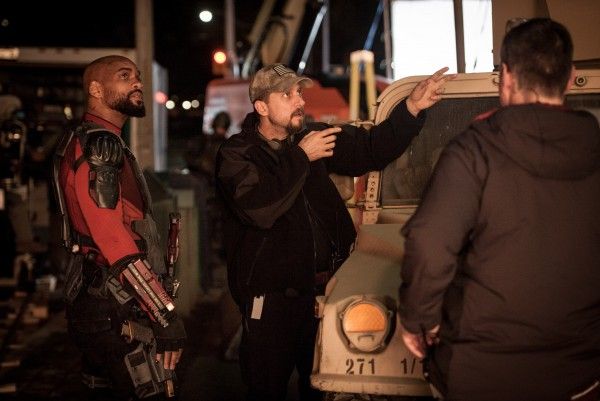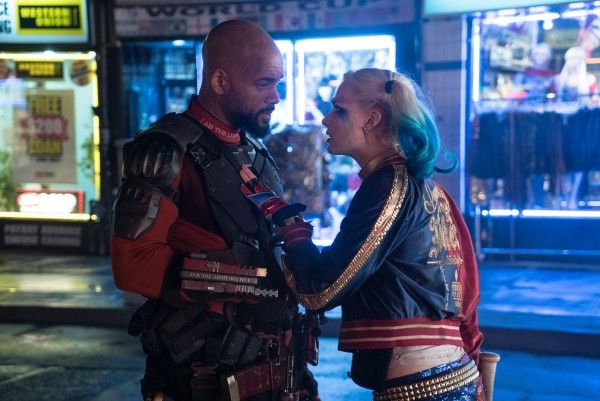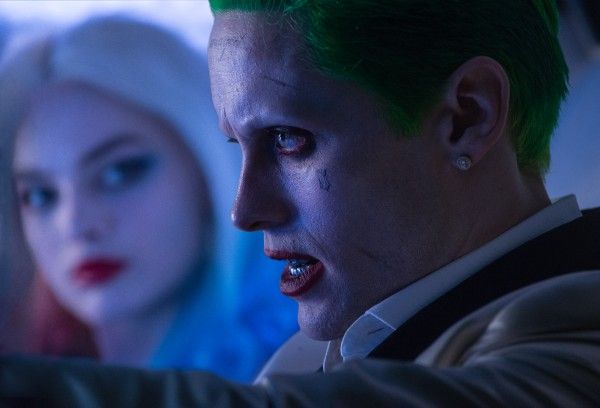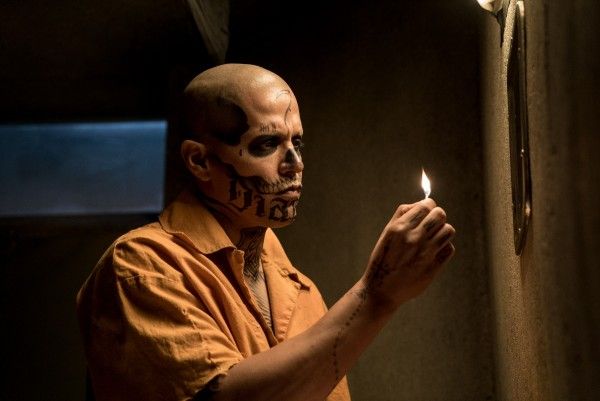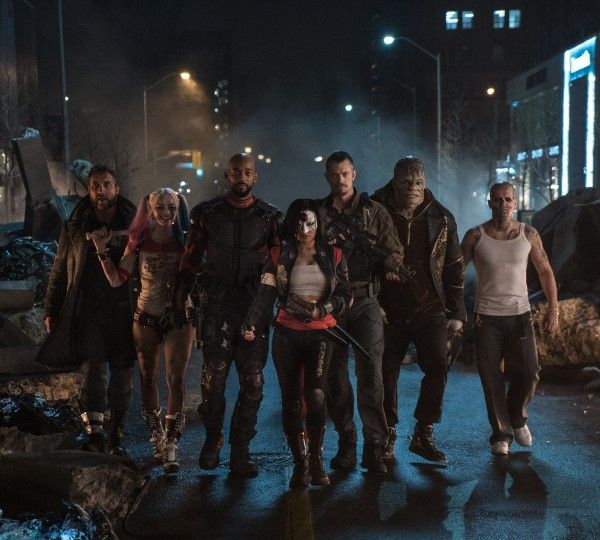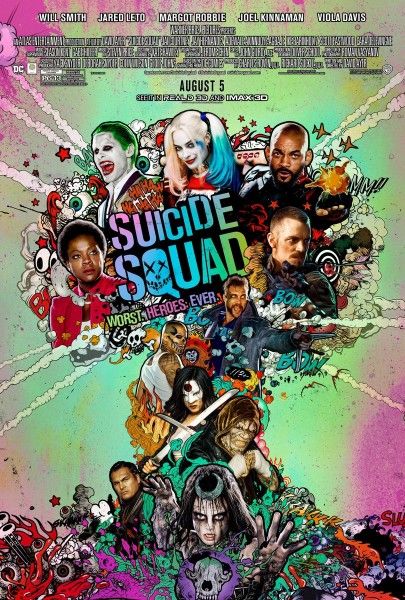When you think of the life of a film composer, one doesn’t necessarily jump straight to an Oscar win. John Williams had a bevy of TV credits before winning his first Oscar for Fiddler on the Roof, and despite a whopping 13 nominations, the prolific Thomas Newman has still yet to take home a gold statue of his own. For Steven Price, though, the win came quickly and deservedly. While he’s been working in the film music world since in the 90s, Price made his composing debut in 2004 on a TV documentary, and just a few credits later jumped to major features with fantastic work on Attack the Block and The World’s End. And then, after scoring Edgar Wright’s sci-fi pic, Price was tasked with scoring Alfonso Cuaron’s wildly ambitious space-set thriller Gravity, for which he earned the Academy Award for Best Original Score. It’s a massively deserved honor given the incredible work Price did on the film, and the fact that Price is still in the relatively early stages of his career as a composer is mighty exciting—i.e. there’s much more where that came from.
After Gravity, Price developed a relationship with director David Ayer on the World War II film Fury, and towards the tail end of that project, Ayer asked Price to come along for what would prove to be one wild ride: Suicide Squad. Indeed, Ayer made his first foray into the comic book genre and brought Price along, with the composer given the opportunity to craft a score that is at once manic, wild, and highly dynamic. It’s mighty impressive work, especially given how many characters have to be serviced in the context of the film, and it marks an exciting change of pace for Price.
With Suicide Squad now in theaters, I recently got the chance to correspond with Price via email and ask the composer some questions. We touched on his first conversations with Ayer, the experience of crafting music for a character as iconic as The Joker, how the reshoots affected his scoring process, and the daunting task of juggling so many characters. Moreover, as a big fan of Price’s work on The World’s End, I asked him about his preliminary work on Edgar Wright’s version Ant-Man and he confirmed that he’s working on the filmmaker’s next music-driven feature, Baby Driver.
If you’re curious about what it’s like to craft a score for such a massive film, or even just want to know more about the work of a film composer in general, I think you’ll find this interview worthwhile. Take a look below.
Obviously this is quite a different kind of film for you. You and David Ayer had worked together previously on Fury, but what were some of your earliest conversations about Suicide Squad like?
STEVEN PRICE: This project was first mentioned to me towards the end of Fury… he told me he was going on to “something big”, and asked if I’d be interested in coming along for the ride. That was a couple of years ago now, and it’s been something of a rollercoaster since. As always with David, the conversations we had at the start and generally are always about characters… their motivations and relationships. He’s really focused on the human beings within the situation, whether it’s the crew of a WWII tank or Suicide Squad’s bunch of characters. With this, we talked about how the members of the Squad are really outsiders when they first meet, all doing their own form of wrongness outside of any sort of structure, The Squad ultimately represents the first time they’ve really belonged anywhere, so I thought it was an interesting thing to play with musically.
How early on in the process did you come in?
PRICE: I briefly visited the set in Toronto quite early on in the shoot to get an idea of how things were looking stylistically, but the work really started around October last year. I have this tendency to start pretty early on things, which has the advantage of giving me time to experiment and play around for a while before the scary schedule crunch happens, but on the downside means I spend a lot of time swearing about picture changes. On this one though, it proved pretty crucial to start writing early so I could respond to changes as they came up throughout the production process.
The scores for comic book movies these days seem pretty drenched in either a somber, very serious quality or something a bit more traditionally triumphant or formulaic. Your work on Suicide Squad, however, reminded me of Danny Elfman's score for Batman Returns. There's an attitude, a swagger, and a dark playfulness to what's going on. It's obviously a reflection of the film that Ayer made, but were you thinking about the superhero landscape as a whole at all, with a desire to do something different?
PRICE: I’ve never been any good at sounding “like” anything… when I was younger and trying to get composing work I’d pitch for commercials and the like where the briefs were always to recreate the sound of whatever the latest blockbuster was, and I could never do it. So really, nowadays, my approach is to embrace the look and feel of the film and the performances and see if I can find the music that sticks to it. That attitude, and swagger that you mention was a crucial thing for me… the score couldn’t feel neat and tidy but needed to feel a little rough around the edges. Also, I genuinely enjoyed the characters, and found them fun to be around, and that lead me to try to capture some of that sense in the music. Most of all, I was keen for it to be a melodic score, and so all of these thoughts got thrown together until I found something that felt like it belonged to this world.
With so many different characters I imagine it was tough crafting different themes. How did you go about tackling a score for an ensemble this large?
PRICE: In most cases this is the first time we've met these people on the big screen, and I wanted to introduce them in as memorable way as I could, so I was keen to be thematic with the score. Obviously though, the concern would be that with such a large group of characters, the score could just become a procession of unrelated melodies, and that you’d never get a sense of things developing and telling this story. The idea that the Suicide Squad, unlikely as it would seem for each of them, represents the first time they've actually belonged, even though it’s such an insane gang to be a part of, was a key to the way I thought about it. That got me thinking of ways in which the character themes could find their home in the main Squad music too… how their melodies, recurring rhythms, whatever felt right for each individual but also somehow slightly incomplete and “other”, could also become part of the Squad’s musical identity as it starts to coalesce. So these themes could coexist, and play off each other as the film’s relationships develop. Working on that was a really fun part of scoring the film.
What's it like composing music for The Joker? Those tracks in particular seem almost menacingly playful. What was your thought process in putting together music for that character, especially in the wake of what Zimmer and Howard had done on The Dark Knight?
PRICE: Obviously there’d been iconic score work done for the character of the Joker, so that can be kind of intimidating. But Jared Leto’s portrayal, and his differing motivations from previous incarnations, meant that I could support his performance in a very different way. Really, this Joker’s music came out of his weird, dysfunctional romance with Harley… He’s menacing, and dangerous and clearly not to be crossed, but he’s also in this warped, twisted form of love. His music has dark, unsettling elements, like a chiming high plucked sound made by tuning a guitar so high that the string would snap as I played it, but it’s also quite theatrical and operatic in places. I’d love to see more Joker in the future to see where Jared would take the character. I found it a fascinating introduction and it was an honour to score him.
Did you have a favorite character to write for?
PRICE: I’m not sure which was the favourite, as there were scenes with each I really enjoyed scoring, but I have a particular love of Diablo. He was a character I didn’t know much about before this, but for me he was the real soul of the whole thing. His back story, which you see in the film, gives him a very believable and heartbreaking sense of despair, and the orchestra seemed to respond to that when they played his cues.
Obviously there were some reshoots/additional footage that took place for the film. How did that affect your score? Did you have to redo much or was it simply adding new music?
PRICE: I think it’s a given now that on a film like this, with such a lot of attention and pressure on it, the workload is going to be pretty extreme from the start right up to the finishing line. I tend to constantly revise and rework things anyway as part of my normal process, so in that sense it was nothing out of the ordinary, but certainly additional photography creates chunks of time where you’re playing a bit of catch up. Stylistically though, it felt like there was a pretty constant line in the way the score evolved over the course of the process.
As a big fan of film composers, I'm curious, what would you say are some of the biggest misconceptions people have about your job?
PRICE: Mainly that it’s glamorous and that you spend your days hanging around with the film stars! Many’s the time I’ve had to explain that, other than the occasional set visit, the reality is a lot of time locked in a dark room on my own, feeling the creeping sense of dread that the schedule is a few weeks too short.
Were there any specific film composers you looked to growing up that influenced your approach and/or desire to enter the field?
PRICE: For me, the inspiring people are those who’ve sustained a career over a long time, working in all manner of genres, and who’ve really focussed on the work. People like Thomas Newman, James Newton Howard, both as composers and human beings in the way they deal with the world around them, are people who I admire. Otherwise, the majority of my musical heroes are outside of film music. I admire anyone who constantly moves forward, trying new things and taking on a fresh challenge. The idea of taking on a superhero film was something I found quite terrifying and very unlikely when it was first suggested, but I figure nothing would ever have been achieved by my heroes if they hadn’t have had a go at trying something new.
I absolutely love your work on Edgar Wright's The World's End, and I was incredibly bummed we didn't get to see you two collaborate again on Ant-Man. Had you done much preliminary work on that film before it went away?
PRICE: I can guarantee that I was even more incredibly bummed at the time! I loved what Edgar had planned for Ant-Man, and was sad when things came to a stop. We’d had a few meetings, and I was very excited, so I had started a few things. I have a few sad, lonely folders saved on a hard drive somewhere that contain some very early ideas, but nothing that I ever really fleshed out fully, as things kind of came to an end before anything was shot. The longer I’m in the industry, the more I see that some things are meant to be, and others are not, and there’s not a lot you can do about it either way beyond just keeping your head down with the work. I guess in that case it was destined to not happen!
Are you working on Edgar's next film Baby Driver? If so, what can you tease fans about what to expect? I know it's a very music-driven piece.
PRICE: Funnily enough I’ve been doing a little bit of work on that this week. It’s not a traditionally scored film at all and it’s not my place to say much more about it at this stage, but it’s a special project for me because I first met Edgar back in 2008 when he was working on the script. Our first conversations were about this idea, so it’s great to be involved a little now he’s shot it and it’s all come to life. He’s doing something really brilliant and unique, and I think it’s going to be really special.

